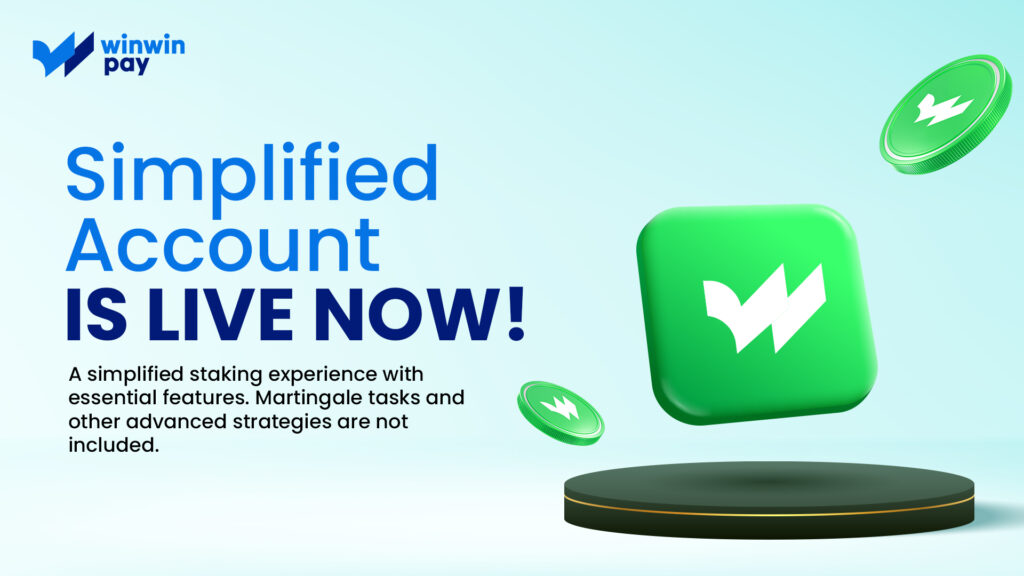
Selecting the right payment gateway for an online betting platform is one of the most critical decisions operators face. It directly affects user experience, transaction speed, and overall platform security. With an expanding variety of options and advanced fintech innovations, operators must carefully consider several factors to meet regulatory requirements and provide a seamless, secure experience for users. This article outlines essential insights and criteria to guide online betting operators in selecting the ideal payment gateway for their needs.
1. Prioritise Security and Fraud Prevention
Security is paramount in the online betting industry, where platforms handle sensitive user data and large sums of money. A suitable payment gateway should offer advanced security features like encryption, tokenisation, and multi-factor authentication to protect users’ financial information. Tokenisation, for example, replaces sensitive card details with a secure token, minimising the risk of data breaches.
Additionally, robust fraud detection tools powered by artificial intelligence can help identify unusual patterns in real time, preventing fraudulent activities before they affect users or the platform. Selecting a payment gateway with comprehensive fraud prevention measures can safeguard both the operator and its users.
2. Ensure Compliance with Regulatory Requirements
Due to the strict regulations governing online gambling, particularly around money laundering and data protection, it’s essential that the payment gateway supports regulatory compliance. Operators should look for a payment gateway that adheres to the standards set by financial authorities and gambling regulatory bodies, such as GDPR for data privacy and PCI DSS for card transaction security.
Payment gateways that support know-your-customer (KYC) and anti-money laundering (AML) protocols help operators remain compliant while providing a secure environment for users. This is particularly crucial in jurisdictions where gambling laws are stringent, as non-compliance can result in fines or revocation of operating licences.
3. Offer Multi-Currency and Cross-Border Payment Options
The online betting industry attracts a global audience, making multi-currency support a vital feature for any payment gateway. A gateway that can handle various currencies not only appeals to a broader user base but also enhances convenience for international players. Additionally, support for cross-border payments can simplify international transactions, expanding the platform’s reach.
For operators targeting markets in different countries, payment gateways with dynamic currency conversion enable users to view and transact in their preferred currency, improving user satisfaction and reducing the risk of currency exchange misunderstandings.
4. Prioritise Payment Speed and Efficiency
Fast transaction processing is crucial in online betting, especially for users engaging in live betting. A suitable payment gateway should offer real-time or near-instant processing, allowing users to deposit and withdraw funds without delays. Some payment gateways offer optimised solutions for high-traffic periods, ensuring transactions remain smooth even during peak betting events.
For platforms with a large user base, it’s worth considering gateways that support batch processing for multiple transactions, enabling more efficient handling of payouts and deposits, particularly during major sporting events or tournaments.
5. Choose a Gateway with Excellent User Experience (UX)
The payment process is a core component of user experience on a betting platform. A payment gateway that is easy to navigate, visually appealing, and reliable can encourage more deposits and improve overall player retention. Look for gateways that offer seamless integration with the platform’s interface and support multiple payment methods, such as credit cards, e-wallets, and bank transfers.
Mobile compatibility is also crucial, as mobile betting is increasingly popular. A payment gateway optimised for mobile use should offer a smooth, fast experience without needing extensive redirects, allowing users to complete transactions quickly on their phones.
6. Evaluate Customer Support and Reliability
Reliable customer support is essential in the gambling industry, where transaction issues must be resolved swiftly to maintain user trust. Operators should choose a payment gateway with 24/7 customer support, ideally with a dedicated support line for merchants handling high transaction volumes.
In addition, consider the gateway’s uptime and reliability track record. Payment gateways with a strong reputation for uptime reduce the risk of transaction interruptions, ensuring users have continuous access to deposits and withdrawals.
7. Consider Fees and Pricing Structure
Understanding the fees associated with a payment gateway is vital for managing operating costs. Fees can vary significantly depending on the gateway provider and the types of transactions processed. Common fees include transaction fees, monthly fees, and setup costs, as well as additional charges for cross-border or high-risk transactions. By selecting a payment gateway with a transparent and reasonable fee structure, operators can optimise their costs while delivering a reliable service.
For betting platforms, a gateway that offers flat-rate pricing or volume discounts for high transaction volumes may provide better cost savings in the long run.
8. Flexibility and Integration with Multiple Payment Methods
Modern players prefer having options when it comes to funding their accounts. As such, a payment gateway that supports a wide range of payment methods, including credit and debit cards, e-wallets, bank transfers, and cryptocurrency, can significantly enhance the user experience. Integrating a flexible gateway not only caters to diverse user preferences but also makes the platform more adaptable to future payment trends.
Cryptocurrency support, in particular, is becoming more popular in the gaming world, especially as players seek fast, secure, and anonymous transactions. Gateways that support digital currencies allow operators to appeal to tech-savvy users and expand into new markets.
Conclusion
Choosing the right payment gateway is a strategic decision for any online betting operator, with implications for security, compliance, user experience, and operating costs. By prioritising security, regulatory compliance, payment speed, and user experience, operators can select a gateway that meets the demands of both the platform and its users. In a competitive industry, a reliable and secure payment gateway can be a differentiating factor, enhancing the platform’s appeal and fostering long-term player loyalty.
Ultimately, the best payment gateway for a betting platform will offer a balance of security, versatility, and convenience, empowering operators to provide a seamless betting experience to players worldwide.





